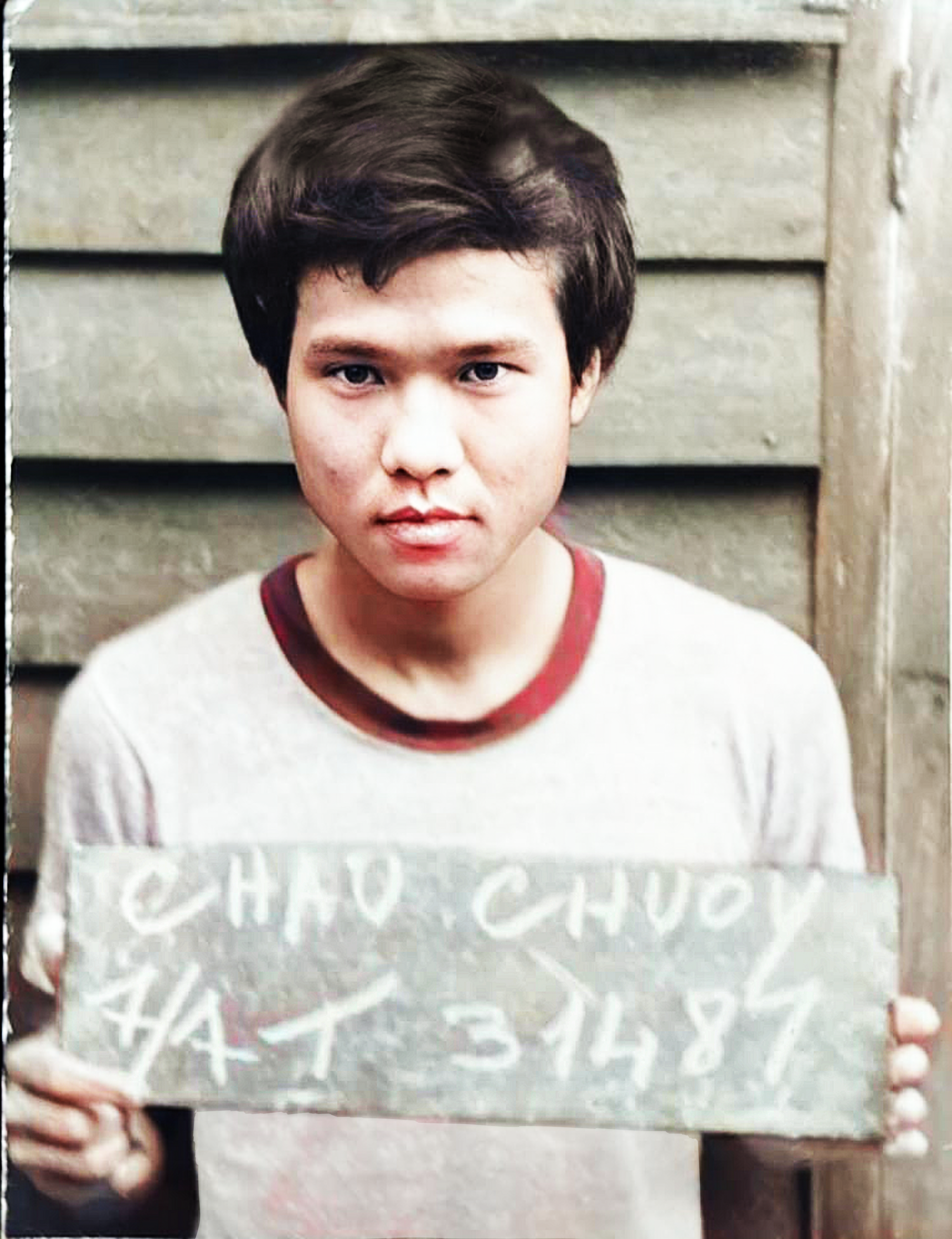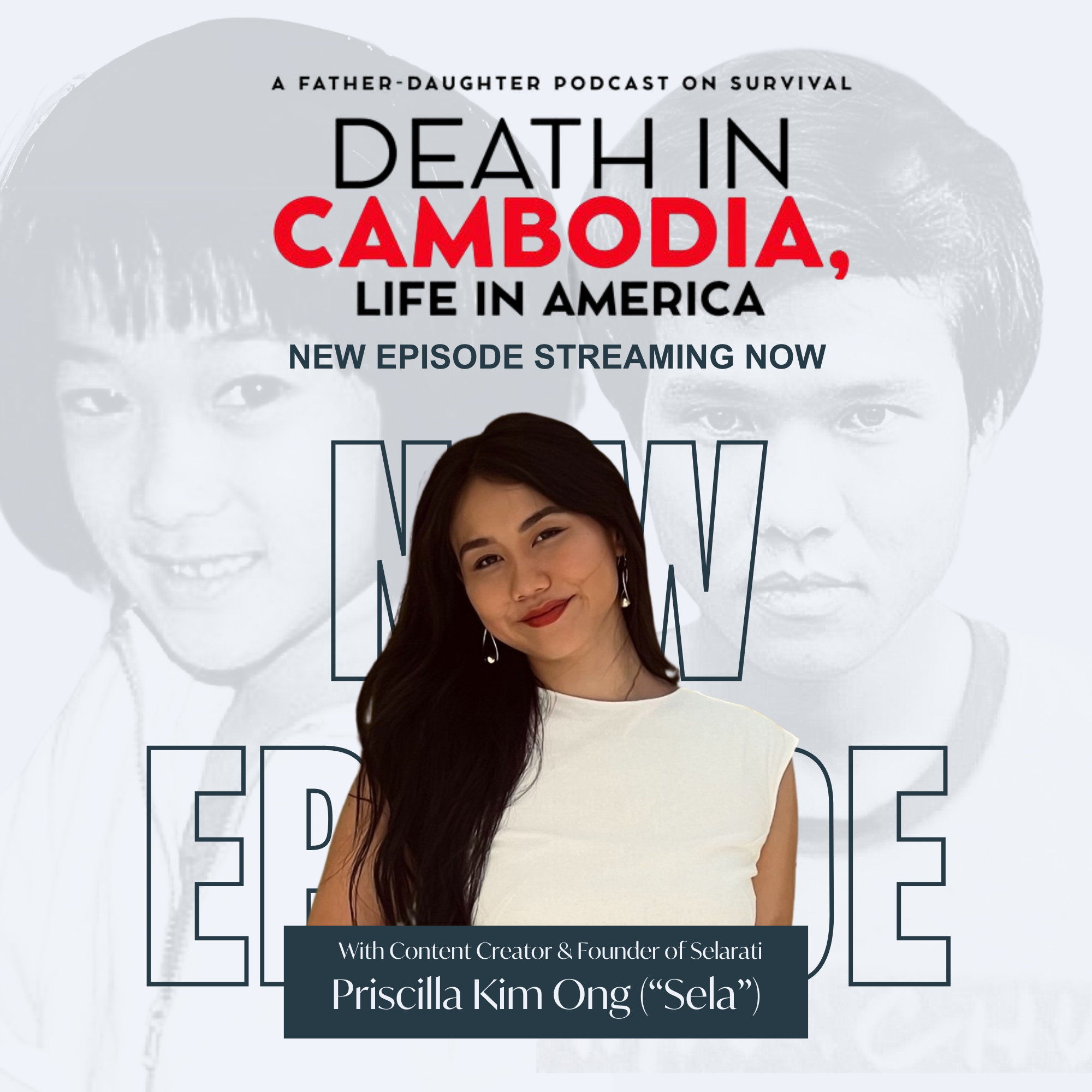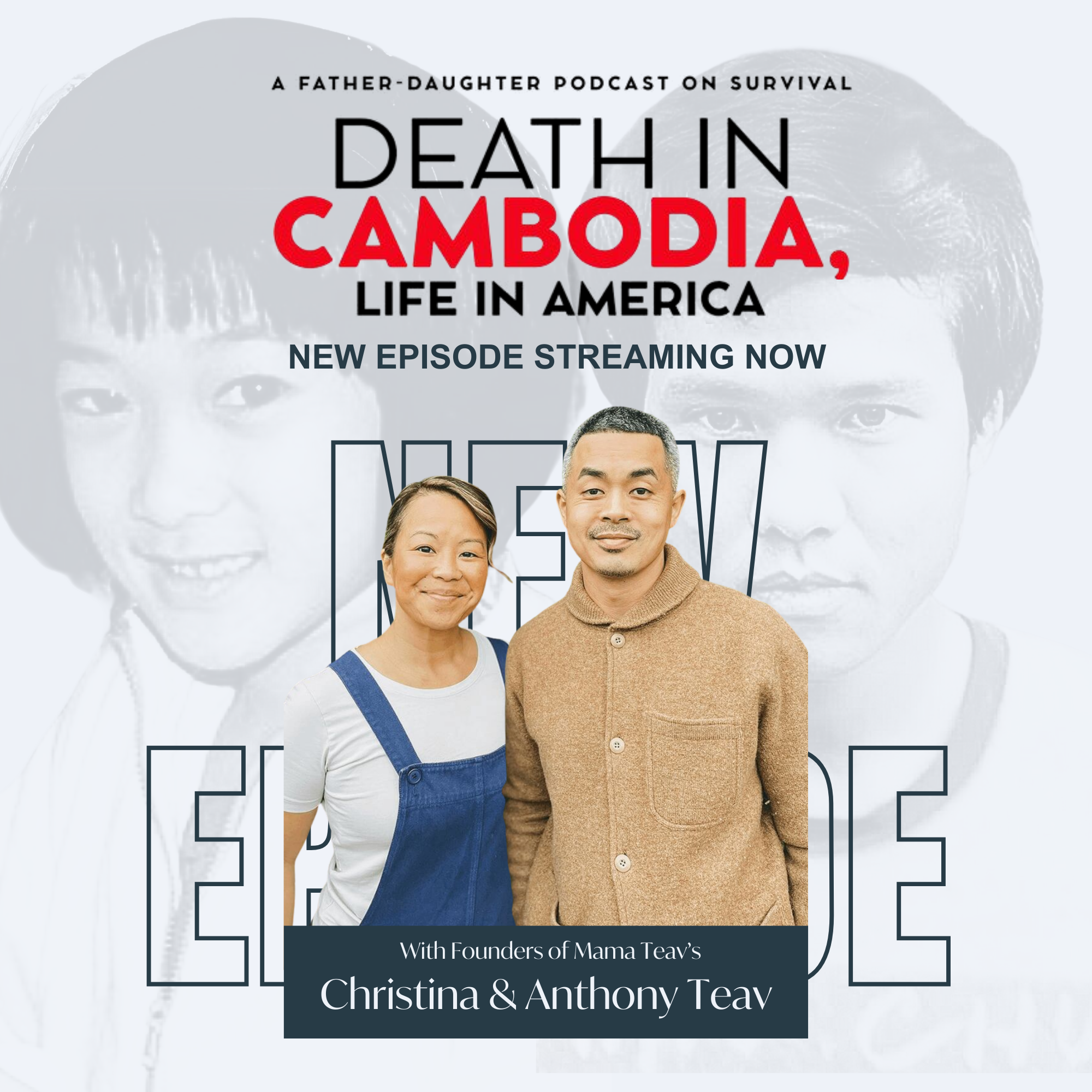A Podcast About the Chilling Untold Stories:
Surviving Year Zero - The Worst Asian Genocide of the 20th century
Out of 5,000 kids in our labor camp, I survived.
My father survived the worst Asian genocide of the 20th Century - but I never knew until I was in high school. The Khmer Rouge, or Cambodian Genocide, from 1975-1979 is rarely discussed in history books and many of the survivors prefer to “sweep it under the rug” and let the history die with them. To this day we have very limited first-hand interviews from the survivors themselves, allowing the narrative to be controlled by those who never lived it. This is why I created the Death in Cambodia Podcast.
It's been 50 years since my father escaped the Khmer Rouge. I think it's about time he got a chance to share his story.
DEATH IN CAMBODIA, LIFE IN AMERICA PODCAST
DEATH IN CAMBODIA, LIFE IN AMERICA PODCAST
Our mission is to educate, inspire, and heal the next generation of Cambodians by sharing an in-depth first hand experience of what truly happened between 1975-1979. We hope that after listening, you will remember that despite your past experiences - life is truly a gift.
What’s the podcast about?
-
Khmer Rouge
This podcast explores the Cambodian Genocide, also known as the Khmer Rouge. It offers historical context on a radical communist movement that led to genocide, examining its causes and delving into its devastating consequences on individuals and communities. The podcast provides a platform for discussions about the sheer magnitude and impact of this tragic event.
-
Survival
The podcast showcases stories of survival and focuses on the incredible resilience of numerous individuals and families who were impacted by the Cambodian Genocide. It shines the spotlight on their challenges as they discovered ways to move forward, highlighting their strength and ability to perservere in the face of unimaginable adversity.
-
Untold Stories
By unearthing untold stories, this podcast aims to bring lesser-known aspects of the Cambodian Genocide to light. It sheds light on multiple narratives that have been overlooked or forgotten, providing a comprehensive understanding of the event while honoring the experiences and memories of those affected by the Khmer Rouge.
-
Community
The podcast recognizes the role of the community during and after the Cambodian Genocide. It explores how communities were affected by the tragedy and the ways in which they provided support and solidarity to survivors. The podcast focuses on the healing process while highlighting the collective strength and the interconnectedness of communities in times of tragedy and recovery.
-
Resilience
This podcast emphasizes the theme of resilience, highlighting the remarkable strength and determination displayed by survivors of the Cambodian Genocide. It examines how individuals coped with immense trauma, rebuilt their lives, and found hope and inspiration amidst unimaginable hardship. Through the lens of resilience, the podcast aims to inspire listeners and provide valuable lessons about the power of the human spirit.
Dive Deeper into the Death in Cambodia Podcast
Every Sunday, my father and I would transport 50 years back as he recalled every detail remembered during the Khmer Rouge. We dive deep in the Death in Cambodia, Life in America Podcast, covering topics that include everything from what he ate, who he met, people he lost, horrors he had to witness, and most importantly how he found the will to survive when he lost all faith in humanity. In Season 2, we then uncover how he utilized his newfound appreciation for life to build a successful business empire in America.
This experience of recording my father’s story has completely healed my father, allowing him to finally let go of his past.
Several important guests on the show include John Burgess, writer for TIME Magazine and Washington Post, Ken Swann Field Representative for the International Rescue Community, Stuart Isett photographer of “On the Corners of Argyle and Glenwood”, Catherine Filloux Award Winning Broadway Playwright of “Where Elephants Weep” , and Nick Coffill author of “Photography in Cambodia: 1866 to Present”.





















